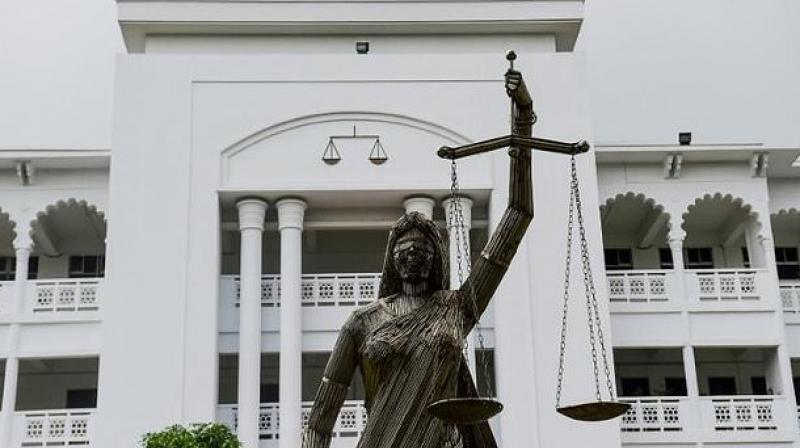Bangladesh chief justice accused of graft resigns
Surendra Kumar Sinha, who is believed to be visiting his daughter in Canada, was accused of serious crimes in October.

Dhaka: Bangladesh on Saturday said its chief justice has tendered his resignation from overseas in the wake of government corruption allegations, as opposition groups raised fears that his departure was a blow to judicial independence.
Surendra Kumar Sinha, who led the Supreme Court to a landmark verdict on judicial oversight in August that went against the government, left Bangladesh in October amid widespread rumours that he had been pressured to step aside.
“His resignation letter has reached the Bangabhaban (presidential palace),” Joynal Abedin, press secretary to President Abdul Hamid, said, adding that once submitted his termination was irreversible.
Sinha, who is believed to be visiting his daughter in Canada, was accused of serious crimes in October including money laundering and financial irregularities, just a day after he departed on a month-long leave, expressing his fears for judicial independence in the nation.
Former law and justice minister Moudud Ahmed, now a member of the main opposition Bangladesh Nationalist Party (BNP), called the resignation “unprecedented and shameful”.
“We’ve never heard before of a sitting chief justice resigning,” he said. “He has been forced to resign.... This is a direct attack on the independence of the judiciary.”
A rare statement from the Supreme Court in October said other top judges had refused to sit with him at the top bench after he was accused of serious crimes such as graft.
The saga comes just months after Sinha led the Supreme Court in scrapping parliament’s power to sack top judges - a move hailed by lawyers as a crucial safeguard for a secular judiciary in the Muslim-majority nation.
The ruling overturned a 2014 constitutional change introduced by Prime Minister Sheikh Hasina allowing the parliament - controlled by her Awami League party -- to remove top judges.
In a written statement issued before his departure, Sinha expressed dismay over criticism he had faced from the government over that ruling and said he was a “bit worried about the independence of the judiciary”.
Sinha had previously insisted he would return to Bangladesh once his leave ended on November 10.

